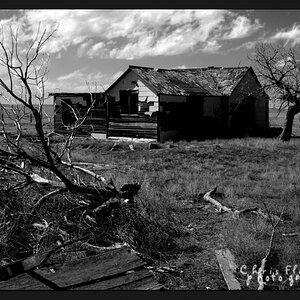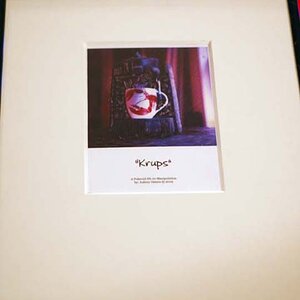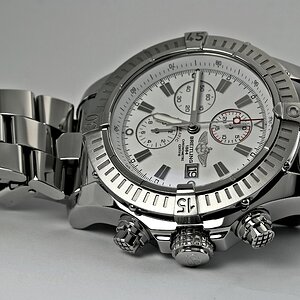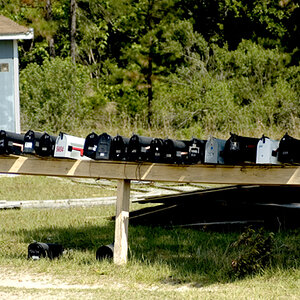EOS_JD
TPF Noob!
- Joined
- Feb 15, 2007
- Messages
- 1,698
- Reaction score
- 0
- Can others edit my Photos
- Photos OK to edit
EOS_JD,
I'm not sure if you read my second post in this thread, but I'm not asking what does "f/stop" means? I'm not asking what the "f" in "f/stop" means? I am wondering if anyone has a different theory about why the word "stop" was chosen instead of the word "step" or "position". Ok maybe this is how I should word it... Where did the word "stop" come from in "f/stop"?
Sorry Richard! i was too busy reading all the replies



![[No title]](/data/xfmg/thumbnail/42/42230-fa8ace50a80342c7d91db1431f911bab.jpg?1619740048)


![[No title]](/data/xfmg/thumbnail/39/39473-02c5070f4f13c145d9e4e3f13d9eec0f.jpg?1619739043)


![[No title]](/data/xfmg/thumbnail/37/37535-0e9dcff8bc21e85b84fa89af160ac8d5.jpg?1619738132)




